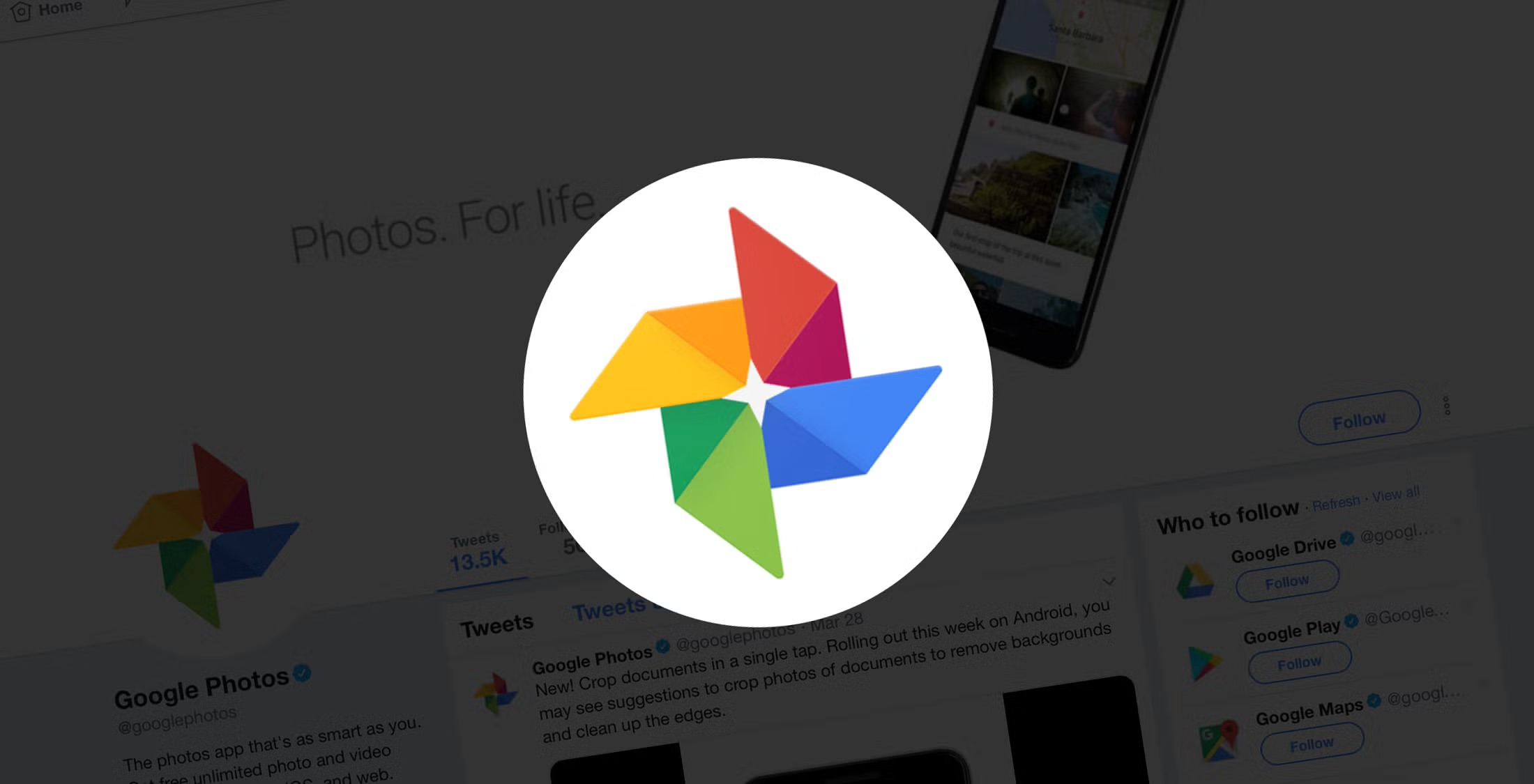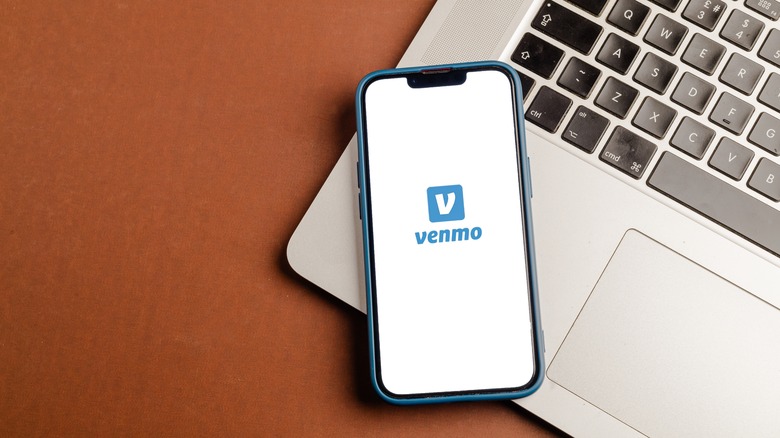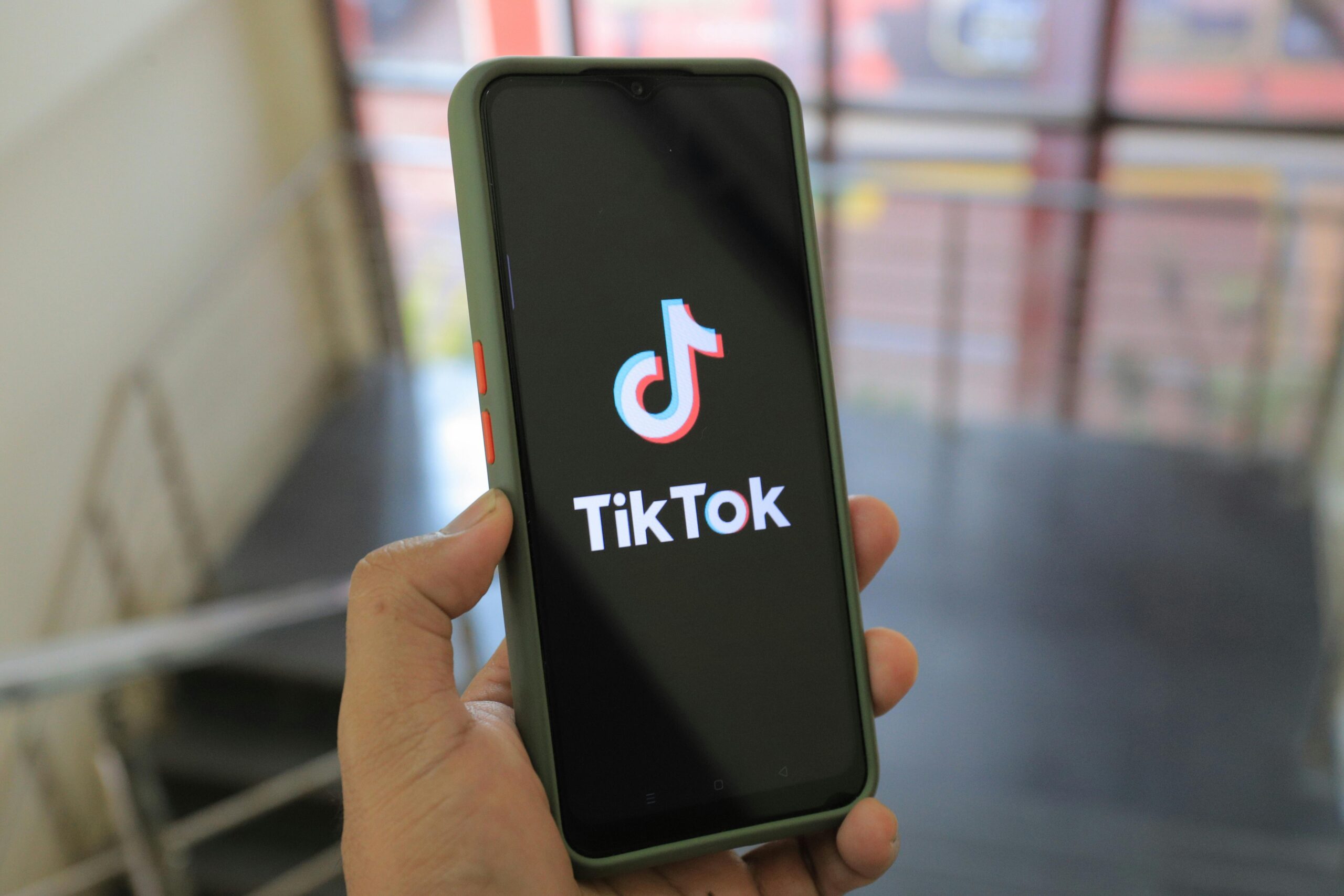Musicians, including Tegan & Sara, Open Mike Eagle, and Kathleen Hanna of Bikini Kill, are urging major music labels to abandon their legal battle against the Internet Archive. These artists, along with others, signed a letter organized by advocacy group Fight for the Future, criticizing the lawsuit as unjust and calling for alternative ways to support musicians.
The letter, titled “Musicians for Fairness and Preservation Open Letter,” emphasizes the cultural and historical value of the Internet Archive, a nonprofit renowned for its Wayback Machine and preservation projects. “We don’t believe that the Internet Archive should be destroyed in our name,” the letter asserts. It proposes solutions for the industry to better serve musicians, such as collaborating with organizations like the Internet Archive to preserve recordings, allowing artists to retain all merchandise revenue, and ending vertical investments in streaming platforms like Spotify.
This legal dispute stems from the Internet Archive’s “Great 78 Project,” which digitizes and streams music recorded on 78 RPM records. The project features over 400,000 tracks, including works by legends like Ella Fitzgerald, Billie Holiday, and Frank Sinatra. However, record labels, including Sony Music Entertainment and Universal Music Group, argue that this effort infringes copyright laws. If successful, their lawsuit could cost the Internet Archive up to $621 million in damages for streaming music since 2006, according to Rolling Stone.
Musicians’ frustrations extend beyond this lawsuit. The letter highlights broader systemic issues, such as the challenges of earning a living through streaming services and the increased costs of live performances, exacerbated by Live Nation’s dominance in ticket sales and the effects of the COVID-19 pandemic.
The Internet Archive is also grappling with legal challenges in other domains. A separate lawsuit over its digital book lending practices recently saw the Archive lose an appeal. Courts have ruled against the nonprofit’s claim that its lending of eBooks falls under fair use, marking another significant hurdle for the organization.










